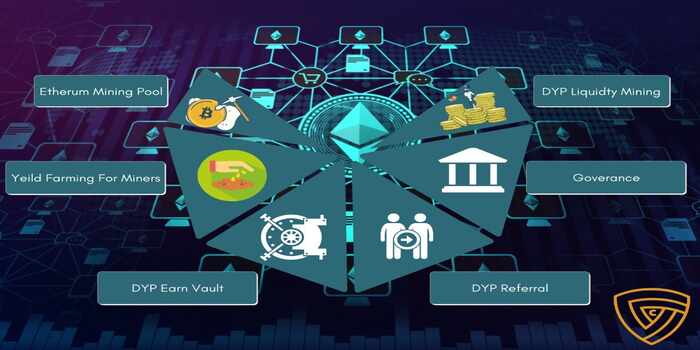What is a Dormant Account – Everything You Need to Know About it
Dec 31, 2023 By Triston Martin
Bank accounts have become necessary. With the help of these bank accounts, people can pay their bills and all other kinds of payments. However, you must understand that you need to keep the account active all the time. This means that they always try to take out money from the account and use the bank account all the time. Now, you might be wondering why it is essential. This is because if you don't keep your account active for a long time, then it will go dormant.
If you don't know what a dormant account is, then this article is just for you. In this article, we have mentioned a detailed guide through which you will be able to understand what a dormant account is. So, let's jump right into the article and have a look at it.
What is a Dormant Account?
If you are wondering what a dormant account is, then it's a standard financial account that has not been used for an extended period. There are specific periods that the banks set or the credit union. The activity means that if someone stops their transactions, such as deposits, withdrawals, or even transfers, then the account with no such activity for an extended duration will be said to be a dormant account.
If we see the official definition of a dormant bank account, then the type of account varies from state to account type. However, it is seen that most of the time, the account is considered dormant when it is inactive for three to five years.
Another thing that can have an impact on making the account dormant is when there is a negative balance. Having a dormant account means that it will have a negative impact on the wealth health.
There are different ways through which the account can be declared dormant. Dormant accounts include checking and savings accounts. It is also called as brokerage accounts, 401(k) accounts, and even pension fund accounts. The contents that are present in the safety deposits can also be declared unclaimed property.
An account will be dormant when the owner of the account does not initiate any kind of activity in the account. Here, any and every kind of activity can be included, such as contacting the financial institutions for your account, logging in to the account, withdrawing the money or even depositing money, transferring money to third parties, and many others. If someone does not perform any of the activities mentioned above, then it will be considered dormant.
However, when we are talking about the interest and the dividends that are posted automatically for the checking, brokerage accounts, or even the savings, it is not considered an activity.
Types of Accounts that can be Dormant?

Different kinds of accounts come under the dormant account heading. These accounts include checking accounts, savings accounts, and even money market accounts. Here, the certificates of deposits and the investment accounts also come under this category.
If you have safe deposit accounts, then if left unattended, they can also be considered dormant accounts if they are left unattended for a specific number of years.
Treatment of Dormant Accounts:

Now, you might be thinking about how you can treat the dormant accounts. The policies also differ for different banks. The financial institutions treat these accounts very differently, and everyone has their own rules and regulations that you need to follow. You should also know that the service fees might be collected on these dormant accounts, and it is also essential that you understand that if the account stays dormant for longer, then there will be higher annual service fees.
When your account is active, the bank will send you a monthly statement in which you will be able to know where your money is going. However, if you have a dormant account, then the statement will automatically change to the quarterly statement.
If there is zero account balance, then after some time, the bank will close the account. However, the account holders can send a claim to the bank and re-activate their accounts quickly. They used to need to start making deposits, withdraws, and bill payments to ensure that the account stays active and does not become dormant again.
There are specific periods that the state laws of the US have set. For example, if you have a brokerage, savings, or checking account, then if the account stays dormant for at least five years, it will be considered dormant.
It is also seen that financial institutes such as banks and agencies need to call the account holder for the dormant accounts before closing them. It is also seen that the assets that are present in the bank account will be considered unclaimed assets, and then, if no one is coming to claim them, they will be transferred to the state's treasury.
Effects of Having a Dormant Account:
Many people might think it is ok for your account to go dormant. However, this is not the case. There are different consequences that a person might need to face when it comes to dormant accounts. Following are some of those consequences.
- No investment transactions can be done.
- A person cant do an ATM card renewal
- You won't be able to delete or add the joint account holder
- No address can be changed
- No withdrawals through ATM.
Final Words:
Banks and agencies keep track of the account activities of all of their customers. However, if there is an account that has not been working for years, then it will be considered dormant. This means that no activity took place in the account for a specific period. Hence, we hope this article was beneficial for you in learning about dormant accounts and other things related to them.





